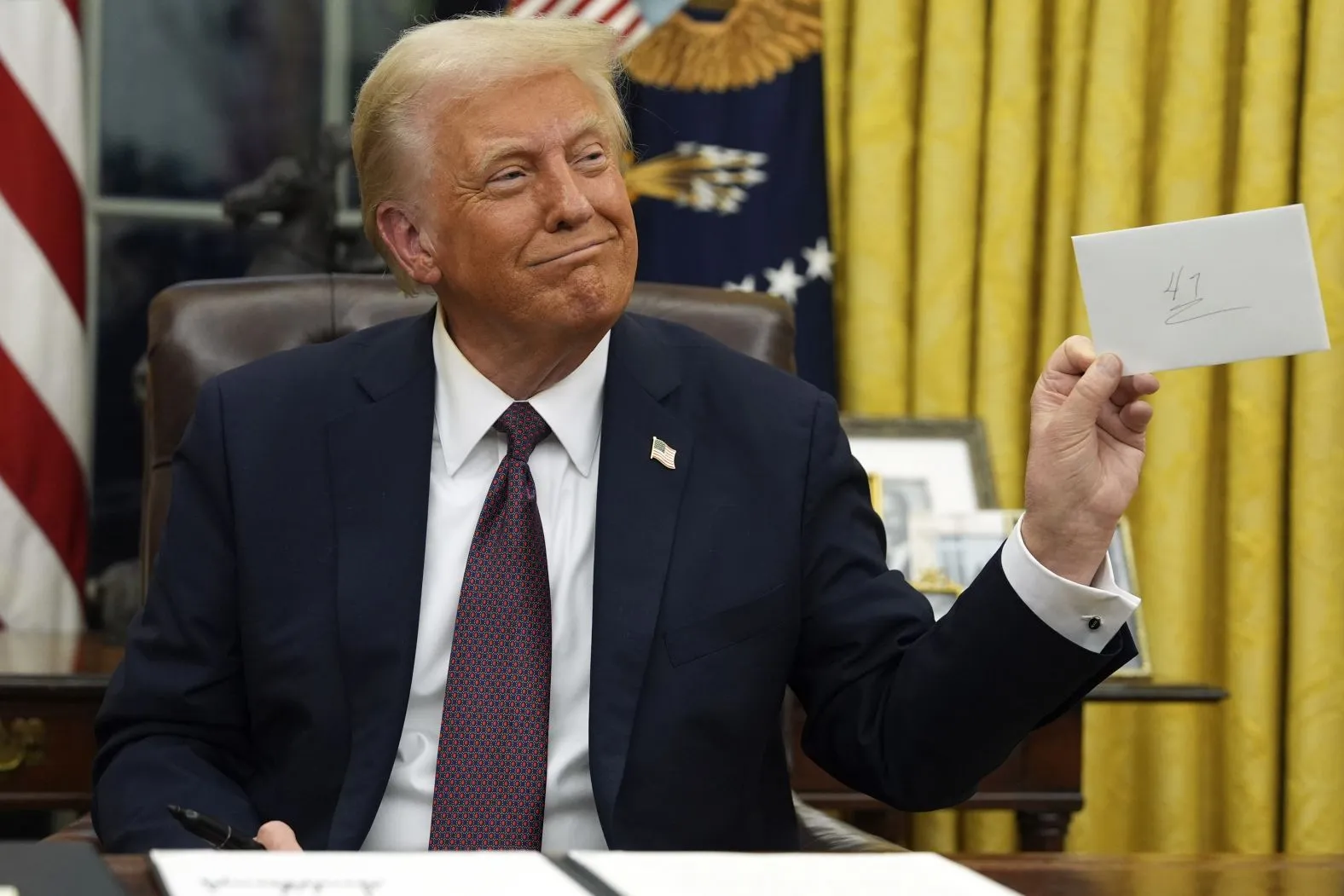Hong Kong’s leader on Wednesday cut taxes for some homebuyers and stock traders to boost markets as the city seeks to maintain its reputation as a global financial hub. Chief Executive John Lee said the extra stamp duties imposed on non-resident buyers and current local homeowners looking to buy additional properties would be halved, making the first easing over the past decade since property cooling measures were introduced.
In his annual policy address, Lee also unveiled plans to reduce stamp duty on stock transactions to 0.1% from 0.13%, saying a vibrant stock market is vital to upholding the city’s status as a financial hub.
After the easing of COVID-19 restrictions, Hong Kong’s economy has begun to recover, fuelled by growth in tourism and private consumption. The city’s economy expanded 2.2% in the first half of 2023 year-on-year and is expected to grow between 4% and 5% for the full year. However, the path to full recovery remains uneven, particularly with geopolitics tensions rising and mainland China, its largest trading partner, struggling to rebound quickly. The financial hub has been wrestling with the mass departure of residents in recent years, triggered by a crackdown on pro-democracy activists following Beijing’s imposition of a tough national security law, and the now-rescinded strict COVID-19 mandates. This mass migration has hurt its economy and the property market.
Official data showed that a 15% year-on-year drop in home prices last December, and a 39% yearly decline in the volume of residential property transactions in 2022. Lee acknowledged the decline in transactions and property prices over the past year amid interest rate hikes and modest economic growth in other regions, and adjusted a raft of measures that manage property demand with immediate effect.
















